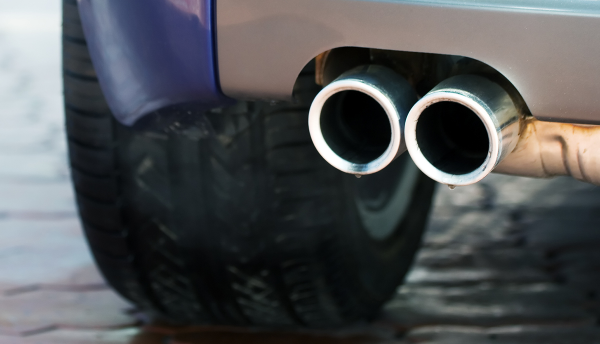
The Association of European Automotive Manufacturers (ACEA) has warned against unrealistic timescales being introduced for more stringent diesel emissions testing in the wake of the Volkswagen (VW) affair. In a letter, the ACEA said that any timescales regarding changes to emissions testing had to be realistic and be achievable and that knee-jerk reactions could damage the industry. The ACEA's statement said, "Without realistic timeframes and conditions, some diesel models could effectively become unaffordable, forcing manufacturers to withdraw them from sale," hitting both consumers and jobs. It added, "ACEA continues to stress the need for a timeline and testing conditions that take into account the technical and economic realities of today's markets, allowing for reasonable transition time to apply RDE (real driving emissions) to all new vehicles." Emissions testing regulations are currently undergoing a global overhaul as the European Union, Japan, and India are working towards harmonising their disparate vehicle testing cycles under the Worldwide Harmonized Light Vehicles Test Procedures (WLTP). Coupled with this initiative is the European RDE on-road test, mandatory starting from September 2017.
Significance: Negotiation with carmakers is ongoing about when to change testing procedures, and it appears the ACEA's latest missive is part of its efforts to avoid unrealistic timescales. The most recent timescale in Europe would give carmakers a three-year period of double testing (NEDC and WLTP), whereby vehicle labelling would be based on WLTP and vehicle certification and compliance to targets based on NEDC. This would then result in the 95 grams per kilometre (g/km) carbon dioxide (CO2) target being converted to a WLTP equivalent from 2020 onwards. This practice, referred to as the "Correlation Exercise", is being executed by a United Nations Economic Commission for Europe (UNECE) technical working group and should soon be complete. In the run-up to potential full implementation (100% of the fleet) of WLTP in 2021, European authorities have already moved to close the gap between nitrogen oxides (NOx) observations during homologation and values seen on-road, by introducing RDE, which will be implemented for monitoring and familiarisation in January 2016 and will be mandatory from September 2017. This will mean that vehicles will still be tested and homologated in the laboratory, but will also be taken onto a real road and driven using random acceleration and deceleration patterns. The ACEA is particularly concerned about the current demonisation of diesel, which is used by 52% of passenger cars sold in Europe in 2014. European OEMs are the global leaders in diesel engine powertrain technology and they have made production and R&D investments in diesel.








